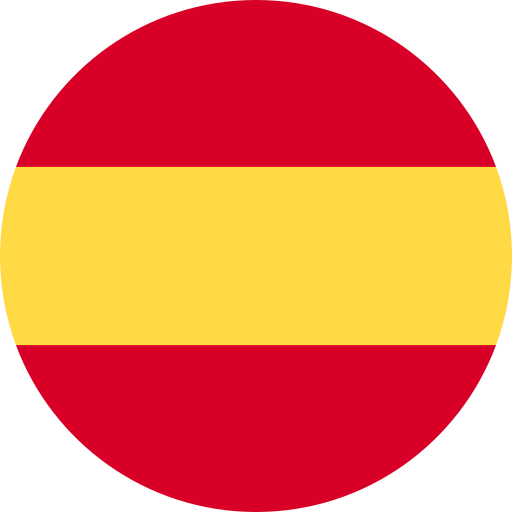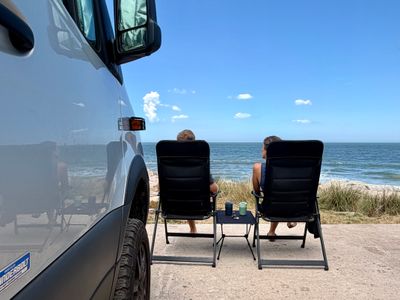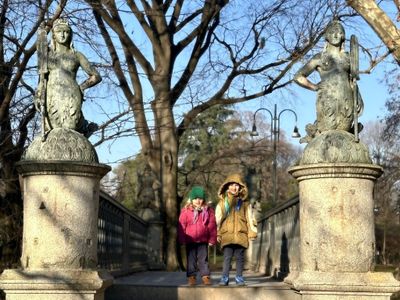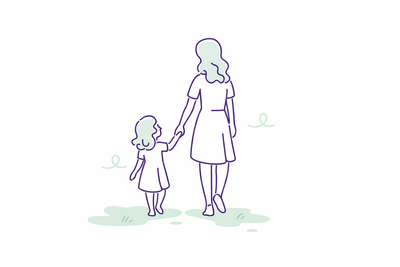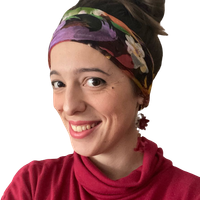
You know that I am a lover of the truth.
You know I don't lie to my children.
You know I don't appreciate the "don't tell kids uncomfortable truths to protect them" mentality.
Children do not need to be protected from uncomfortable truths, they need to be protected from lies, threats, slaps, punishments, spankings. The "uncomfortable"—death, sex, racism, homophobia, the list is long—give them empathy, a critical mind, a deep understanding of the world, and the tools to remain inquisitive, curious, and a little skeptical.
With these premises, today I would like to write about a lie that so many cultures around the world, and the United States is its greatest representative, tell children: the story of Thanksgiving.
The narrative is wrong
The narrative we learn from school books is friendship: the settlers being hungry and having a hard time with their crops and the natives helping them. And while there is evidence that some of these vague details are true, the uncomfortable truth is often hidden.
What this narrative doesn't say is that the pilgrims were murderers, including Christopher Columbus, widely celebrated in the books for his conquests (I'd definitely wouldn't call him a hero!). They were oppressive, violent and brutal. They stole indigenous lands, brought deadly diseases from Europe, kidnapped men, women and children to sell them to wealthy Europeans as slaves.
All of this means that Thanksgiving has its roots in the genocide of the Native Americans. After the appearance of Christopher Columbus, the indigenous population went from more than 15 million to less than 280,000 in less than 400 years.
Not perpetuating a lie
In our house I don't want to perpetuate a wrong narrative.
I don't want to call party a day that is not a party. I don't want my kids looking at the traditions of today's Thanksgiving, without knowing the truth about it.
As a parent, I have the responsibility to put an end to false narratives written to sweeten reality, and teach history to my children in accurate way, in a way that honors perspectives of all people, especially those who have been historically marginalized.
This is how we talk with our kids
- When the settlers came to America, they stole the lands of the natives. We were able to talk about something similar by discovering the history of the Treaty of Waitangi between the English crown and the native Maori. This is a sign we discussed in Waitangi.
- The natives helped the settlers sow the fields and not starve and the first Thanksgiving was a feast for the good harvest. But soon after that the settlers did not really thank the natives with their actions. When we're thankful for something, our actions ust match our words.
- Unfortunately, this story has no happy ending, because the pilgrims killed most of the natives. Why? Because not all people know respect and unfortunately when people want more power, money and land, they do terrible things to the detriment of everything and everyone. It's still the same today. (With our children, we've had the opportunity to talk about this many times when exploring man' barbarism to the planet and animals).
Children are capable of processing uncomfortable truths, and uncomfortable truths teach them that the world is not how we see it, but it can be how we create it. And this can only happen when we know and own the truth.


